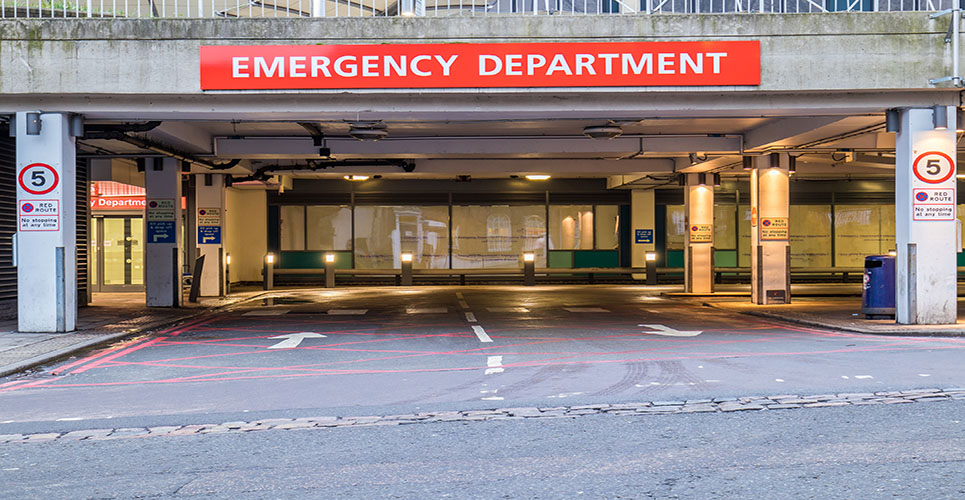The first evaluation of pharmacists based in accident and emergency departments has concluded that with additional clinical skills, they are able to take on overall clinical responsibility for patients.
Daniel Greenwood a PhD student from The University of Manchester, UK, studied the work of people they termed emergency department pharmacist practitioners (EDPPs) from 15 NHS Trusts across the UK over 10 days.
The research, published in the International Journal of Clinical Pharmacy, observed the care they provided to 682 patients, and their contribution to the wider department, using an iPad-based questionnaire.
Because A&E doctors and nurses are in short supply, hospitals have started to employ pharmacists who have additional clinical skills to help deliver services since 2015.
A total of 11 EDPPs took on the role of designated care provider for at least some of their patients.
All 20 EDPPs carried out both ‘traditional’ and ‘practitioner’ activity; nine of them sometimes provided more ‘practitioner’ than ‘traditional’ care to individual patients.

Of all 682 patients, EDPPs examined 264 (38.7%) and diagnosed 238 (34.9%).
Daniel Greenwood said: “This study shows that Emergency Department Pharmacist Practitioners can combine traditional clinical pharmacy with more hands-on medical practice including being designated care provider.
“No other A&E professional has the same medicines expertise. EDPPs who work as a designated care provider can fill gaps in doctor and nurse practitioner rotas, something that can only be welcomed given ongoing staff shortages.
“But they can also provide pharmaceutical care that is lacking in some departments, such as checking prescriptions.”
He added: “The EDPPs we studied performed a wide range of rolls including performing or reviewing clinical examinations, diagnosis, prescribing, treatment and discharge.
“They worked as members of multidisciplinary teams, supporting and being supported by others. And they often took on overall responsibility as the patient’s designated care provider.
“There is no doubt that pharmacists with additional clinical skills training have a role to play in A&E departments.”

